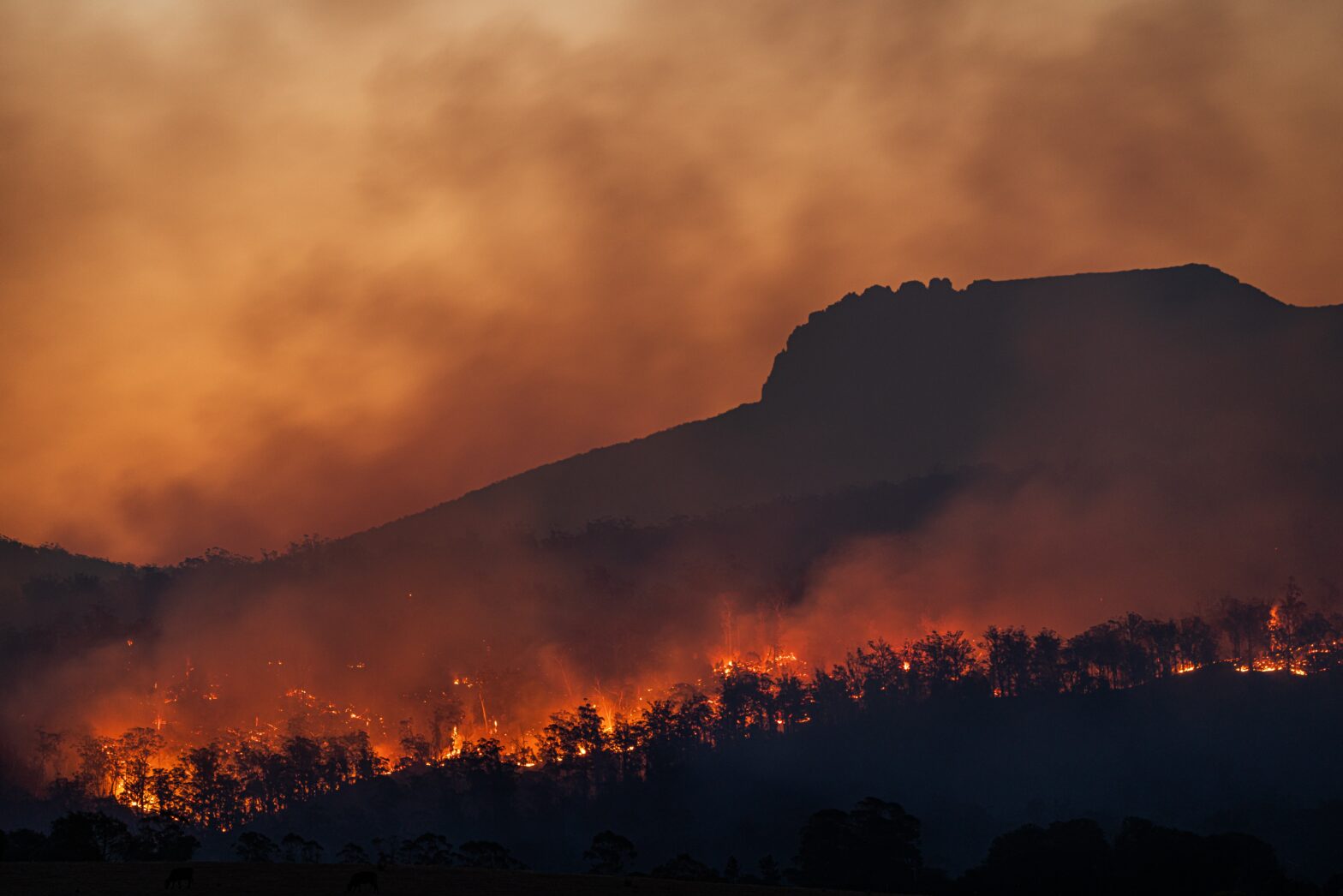13 October 2022
Whatever Happened to Climate Change?
by Paul Branch

Political party conferences have come and gone, some more notable than others. Keir Starmer’s karaoke version of the national anthem was a particular tour de force, matched by the Tories focusing on mass suicide and the opposition parties encouraging them in the attempt. The Greens seem to have been the only party to spend some time away from domestic navel-gazing in an attempt to highlight the fact that, just like Covid and Putin, the existential issue of climate change hasn’t gone away.
The next UN-sponsored conference on climate change, COP27 in the Red Sea tourist resort of Sharm El-Sheikh, is due to start on 7 November. It would be difficult to find a more diverse setting for momentous governmental decisions, quite a comparison with COP26 in Glasgow, but diversity on that scale is to be encouraged if the world and its constituents are to be saved from the ravages of rising global temperatures. Egypt is not the most obvious choice as host nation for this critical conference, given their human rights issues and seeming lack of sympathy for protestors in any form. It’s reported that accommodation costs near the venue have been grossly inflated to deter unwelcome folk from attending, but that might just be savvy hoteliers trying to recoup at least some of the income lost during the dark days of Covid isolation. However, among the alleged 65,000 political prisoners locked up in Egyptian prisons there are a large number of climate activists who would have the most interest in a positive outcome for the conference. And Egypt’s commitment thus far to the green revolution hasn’t been exactly stellar.
The UN’s climate change group of scientists has revealed a new set of tipping points which, if breached, could lead to irreversible changes in how the Earth functions in terms of oceans, weather and chemical processes. These include cataclysmic self-sustaining events such as collapses in polar ice sheets, collapse of ocean circulation which regulates global climate, coral reef die off, thawing of permafrost, and sea ice loss. Originally these events were thought to occur when global temperatures increase by more than 5 degrees Centigrade, but recent measurements have lowered that estimate. So a good outcome for COP27 matters.
Much effort is said to have been expended since COP26 on preparing the ground for discussions on major themes including energy, finance (especially “climate reparations” for those smaller island nations threatened by drowning), science, adaptation and biodiversity. In particular there has been coordination to ensure that the momentum achieved at last year’s conference is at least maintained and hopefully increased, which has meant considerable dialogue between the outgoing President, our own Alok Sharma, and the new COP President, Egypt’s minister for foreign affairs Sameh Shoukry. After COP26 Sharma received plaudits for steering the conference to some good conclusions despite the significant non-attendance by Xi Ping and Vladimir Putin – clearly with other things on their minds — and a last-minute watering down of the final proclamation orchestrated by India and the USA. But Sharma’s belief in the need for the advancement of solutions to avert the worst effects of climate change was apparent, and he showed real emotion coupled with disappointment in his concluding remarks. At COP27 the emphasis from governments has to be not just on reaching decisions or maintaining commitments to targets, but on actually doing something meaningful in order to achieve those targets.
While Joe Biden may not attend COP27, with all the other things he has to do and other people he has to see in the run-up to mid-term elections, our very own Liz Truss hopes to get along. But not King Charles. You would have thought that, given the significant impact of the then Prince of Wales in his address to COP26 and by his just being there, the attendance at COP27 of such a high-profile advocate of climate protection would have been a must-have for any government keen on saving the planet. So what’s going on with our own governmental boys and girls? Who’s at the forefront of our push for net zero by 2050 and all the important milestones in between? Who will engage with our clean energy industry and provide the stimulus for all the technological breakthroughs we need? Who will crusade alongside the likes of John Kerry and David Attenborough, bring charisma to the art of domestic and international negotiations and decision-making, and help swing the world away from oblivion?
At the very top we have Liz Truss, who obviously as Prime Minister has a crucial role to play in developing sound policies and implementation plans for such a major topic. In her new job she has backed the (currently) legally binding target of achieving net zero greenhouse gas emissions by mid-century, bless her. However, taking a somewhat shorter-term view with all the energy and cost-of-living challenges she faces, Liz has also supported ditching green levies on industry, resurrecting fracking (where there is local support for the practice, which is bound to be the case), and issuing new licences for developing sources of fossil fuels (which resemble not so much a short-term stop-gap solution while the Russia/Ukraine conflict persists but more an act of electoral appeasement). Such apparent back-sliding on previous commitments has brought about the opprobrium of the Egyptian conference hosts, ironically enough, and probably her reluctance to have the King in embarrassing attendance. But surely, surely she will have appointed someone dynamic enough and in tune with modern-day thinking and technology to help plan our way through the energy conundrum …. ?
Following the recent near collapse of the British economy, City traders have taken to referring to our Prime Minister as “Daggers”, as in Dagenham, two stops short of Barking (as those familiar with London Underground’s eastern portion of the District Line will recognise). This in deference to her apparent complete lack of judgment or competence when it comes to decision-making. Sadly some of her ministerial appointments only exemplify the point (Priti Patel and Nadine Dorries excepted). Her new Secretary of State for Business, Energy and Industrial Strategy leading the charge on climate change was none other than he who has been dubbed the honourable gentleman from the eighteenth century: Jacob Rees-Mogg, a self-confessed climate sceptic. His arrival on the climate scene was greeted with incredulity by leaders of green industry and their investors who maintain he is more in tune with the industrial revolution than the digital revolution, showing no signs of understanding the complexity or opportunity of attaining net zero, or how to reduce demand for fossil fuels. His stated aims of squeezing every last cubic inch of gas from the North Sea (cf the Saudi energy minister who said something very similar, but in metric), restarting fracking and rejecting land-based wind farms in favour of fossil fuels, seemed to indicate our future wellbeing was in the hands of a climate change denier.
Thankfully Ms Truss has performed another of her trademark U-turns by bowing to pressure from the Conservative green lobby and appointing Graham Stuart as cabinet Minister of State for Climate. It does show that our PM can be made to see sense, eventually; it’s just a pity she has a few car crashes beforehand. But her own personal thoughts on climate change do seem rather troublesome still, so maybe there will need to be a few more manoeuvres as we wend our way along the rocky road to global salvation.
tile photo: by Matt Palmer on Unsplash


